“We have a sense of urgency that the technologies need to be developed and the infrastructure built for us to get to net zero.”

Full battery circularity
At Altilium we’ve spent the last three years developing innovative, proprietary recycling processes, to recover critical minerals from EV battery waste producing direct to battery precursors and battery ready cathode materials (CAM).
Lithium-ion batteries are composed of metals including lithium, manganese, cobalt, and nickel. Our hydrometallurgical recycling process can recover over 95% of these technology metals for direct reuse in new batteries, saving +50% carbon compared to mining virgin raw materials.
Altilium’s circular business model is based on three pillars, providing a one-stop shop for low carbon, sustainable battery materials, including cathode active materials, copper, rare earth elements and graphite, creating valuable commodities from waste.
Green processing technologies
In 2022, we opened our EV Battery Technology Centre in Devon, to deepen and strengthen our competitive edge in the recycling of lithium-ion batteries. We have over £5 million in UK Government Innovation awards to scale our proprietary EV battery recycling process direct to battery ready CAM.
Our EcoCathode™ hydrometallurgical process is designed for every battery chemistry. Our innovative green technology facilitates precise chemical reengineering, resulting in a full suite of low-carbon precursors. We’re more than recyclers; we convert old batteries into sustainable, high-nickel cathode active material (CAM), ensuring seamless integration into new batteries, closing the loop in EV battery production.
We’re currently the only company in the UK recovering critical battery metals from black mass waste at our pilot line, which allows us to catagorise feedstocks, make informed decisions on scalability at our commercial plant and qualify our battery materials with automotive OEMs.
“This is about keeping homegrown IP in the UK, retaining talent in the UK and uplifting UK innovation in the battery ecosystem that might otherwise move abroad. With first mover advantage to capture homegrown IP, we’re attracting investment that can create thousands of job opportunities here in the UK.”
Dr Afzana Anwer, Head of IP
Battery recycling plants
Our existing SX-EW hydrometallurgical plant in Eastern Europe will begin operations in 2024, with capacity to recycle battery waste from 24,000 EVs a year. There are few environmentally friendly options to recycle lithium-ion scrap in Europe given the capital expenditure required and the permitting timeline associated with building new hydrometallurgical facilities such as ours, giving Altilium first mover advantage.
Our first UK recycling plant, located in Teesside, will be capable of processing 50,000 tonnes of lithium-ion battery “black mass” a year, providing a secure and sustainable supply of the critical metals needed to support the growing production of EVs in the UK. The plant will produce 30,000 tonnes of CAM a year, providing 20% of the UK’s need for cathode active material by 2030.
Recyling copper and rare earth elements from mine waste
We see enormous potential in recovering minerals needed for the energy transition from mine tailings, which are by products of mining operations that have historically been left unutilised.
Our Medet concession, located in central Bulgaria, is the largest in the Balkans at 2,200 ha. This recycling initiative will reduce harmful hard mining and provide an important source of copper, rare earth elements and other high economic value minerals, which play a vital role in EV batteries, motors and charging infrastructure.

